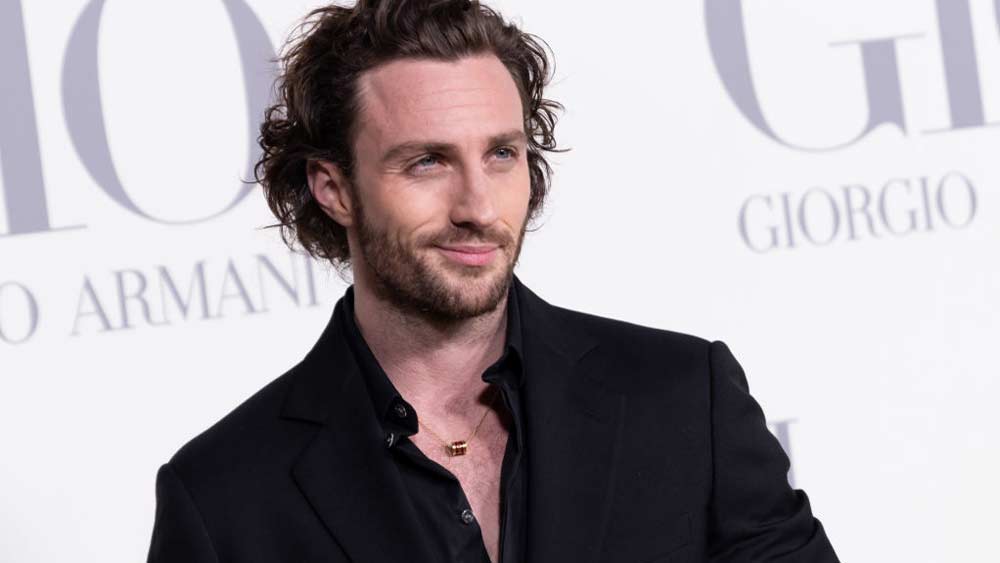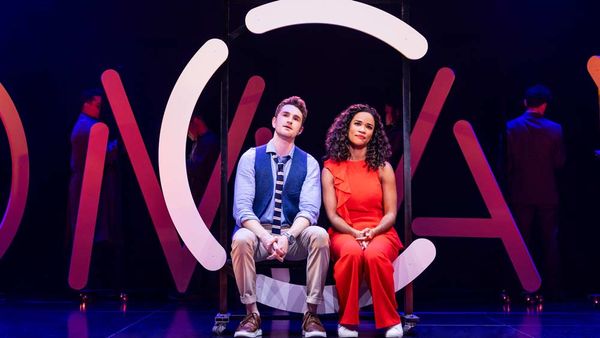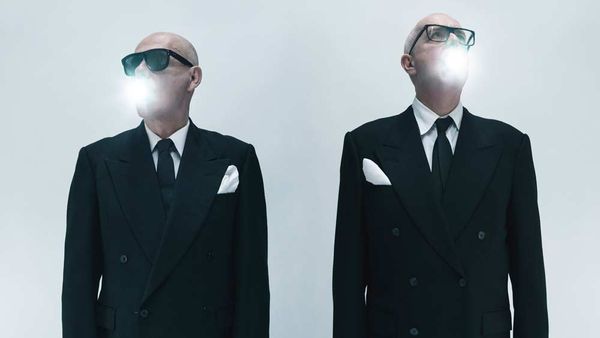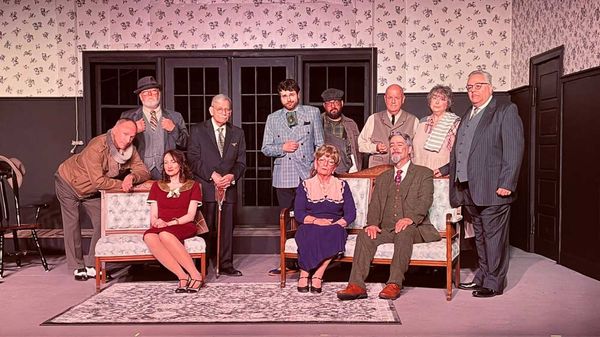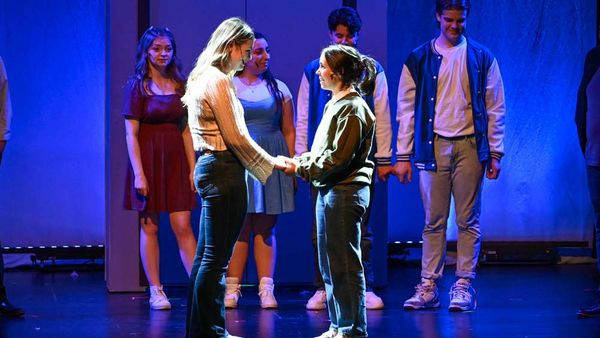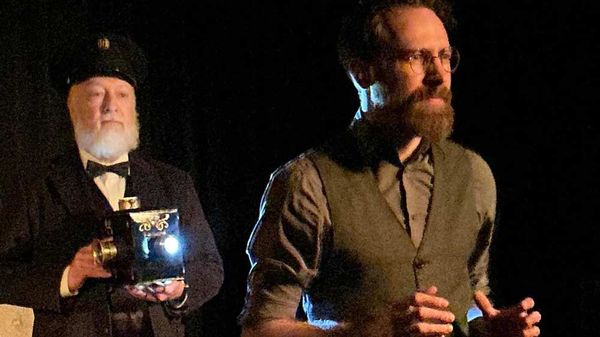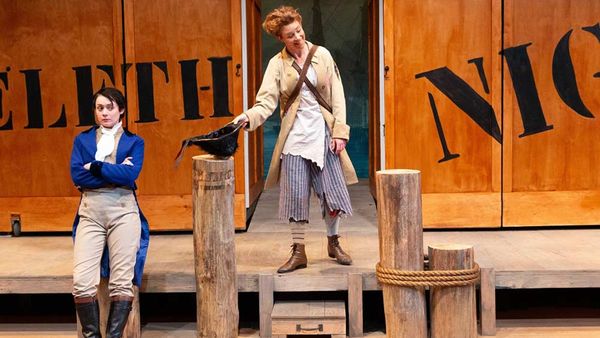
November 9, 2018
Outlaw King
Robert Nesti READ TIME: 3 MIN.
The Internet lit up this past September when "Outlaw King" premiered at the Toronto Film Festival. No, it wasn't because it is such a great film (it isn't), but because Chris Pine goes full frontal – something of a first for the A-list movie star. That the film (directed by David Mackenzie) premieres on Netflix next week means millions of screenshots of Pine will flood the Internet. Is it worth the wait? That will be up to you to decide, but there will be no spoiler here as to when it occurs, otherwise, there would be little suspense in watching this tepid historical drama.
Mackenzie has said the film was made to rectify the image of the Medieval warrior Robert the Bruce as seen in "Braveheart," who the director said was portrayed as "a wet and pretty nasty person." Best intentions aside, what's on the screen is like reading a historical summary – sketchily drawn characters caught in the sweep of events. that have contributed to its incoherent sweep? (The script is by Mackenzie and a team of writers' target='_blank'> Bathsheba Doran, James MacInnes. Mark Bomback and David Harrower.)
What might have saved the film would be a charismatic figure at its center, but Chris Pine is woefully laid back to the point of distraction. With a touch of gray in his beard, he embodies Robert the Bruce's rugged exterior (he would look right at home at a hipster bar in Bushwick); but too much of the time he plays the benevolent monarch as a Henry V wannabe.
Indeed the film itself, especially in its last half with its muddy battles and heroic speeches, recalls Kenneth Branagh's classic take on Shakespeare's history play; but he at least had Shakespeare as a collaborator. Mackenzie and team of writers give characters lines like, "Where the fuck have you been for the past four months?" – a line spoken by a woman when her man returns from battle – so it isn't a case of eloquent dialogue. But it isn't the modern idiom that dooms this film, rather it is lack of a coherent center. There are so many battles, so many factions that the film's central story – how the shamed Robert the Bruce rises to power – seems lost in the storytelling.
On the plus side, the film is exceedingly handsome – shot by Barry Ackroyd in greys and browns and featuring a cast of rugged actors in convincing performances. Best of all is Billy Howle who steals the film with his over-the-top portrayal of Edward, the Prince of Wales. The Prince appears to be suffering from testosterone envy and takes it out in unrelenting cruelty on the Scots, which Howle plays like a brooding, vicious man-child with Daddy issues. Those issues are embodied in Stephen Dillane's stony portrayal of this ambivalent monarch – always doubting his son's abilities. Almost lost in his full beard and sketchy character developments is Aaron Taylor-Johnson, as Robert's fellow lord James Douglas; he does, nonetheless, command in the battle sequences in adrenaline-fueled rage.
The best parts of the film are the quieter ones featuring the slow, nurturing romance that builds between Robert and his queen, Elizabeth, the charismatic Florence Pugh. Like in last year's "Lady Macbeth," she portrays a woman constrained by class and position who finds her own way – here betraying her heritage for the man she grows to love and respect. Pine matches her with a sweet humility and their romance blossoms nicely amidst the endless series of guerrilla attacks by Robert the Bruce that bring the British to a climactic battle – a muddy battle on the field of Agincourt, er, Bannockburn – sorry to get the films confused, but in this case it's an honest mistake.
Robert Nesti can be reached at [email protected].

